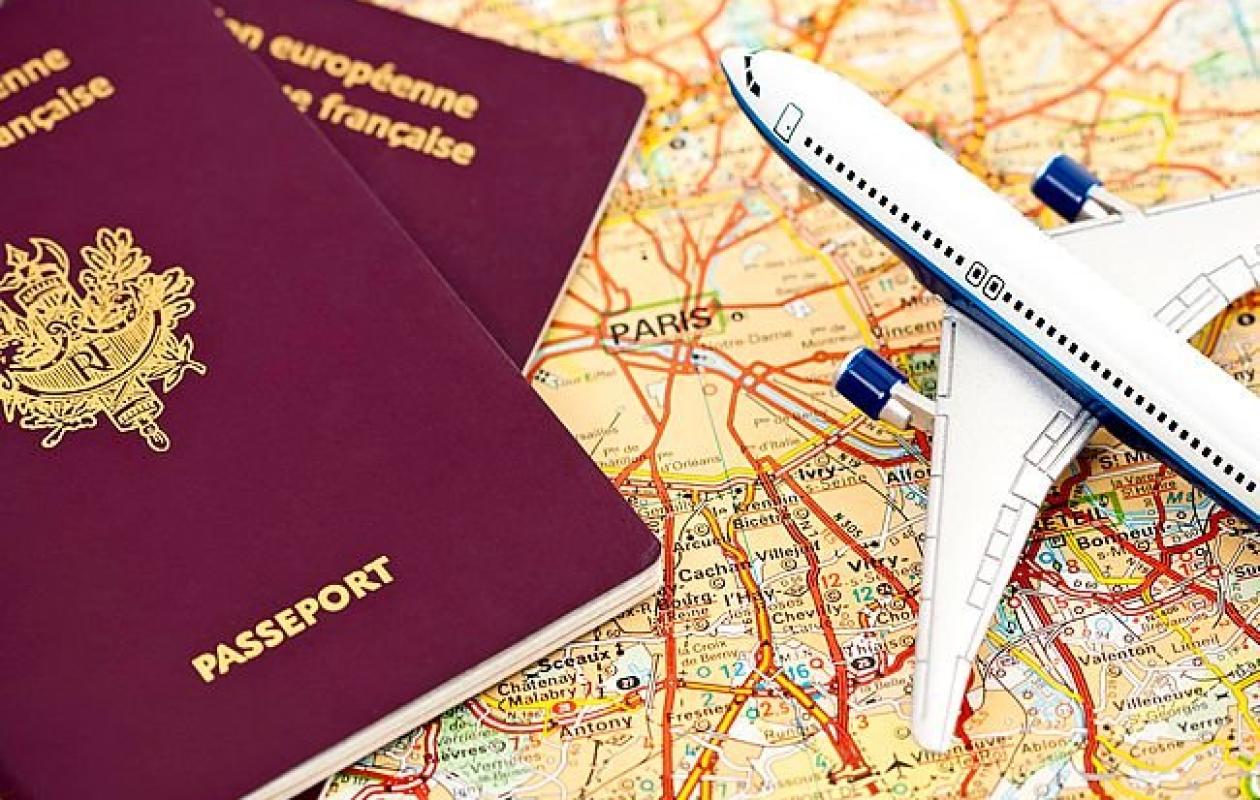
Autorisation de voyage au Maroc : un mur invisible pour les Sénégalais, entre formalités opaques et refus arbitraires
As Morocco prepares to host the 2025 Africa Cup of Nations (AFCON), the introduction of the Electronic Travel Authorization (AEVM) for Senegalese nationals was supposed to facilitate their arrival. But on the ground, many are denouncing an opaque system, unjustified authorization refusals, and increasingly strict criteria. Between the desire for organization and a sense of rejection, voices are being raised.
A few months before the CAN 2025, Morocco has introduced an AEVM for Senegalese people via the “YALLA” application of the Royal Moroccan Football Federation, while travelers for other reasons (business, tourism, family, etc.) go through the official portal https://www.acces-maroc.ma .
This measure, valid from September 25, 2025 to January 25, 2026, was intended to simplify travel for supporters and tourists, according to a press release from the Moroccan Embassy in Dakar. But in practice, several Senegalese denounce a "complicated" procedure and visa refusals without explanation.
A path strewn with pitfalls
A young Senegalese man, who preferred to remain anonymous, tells Seneweb of his ordeal. "I've already bought my round-trip ticket from Dakar to Morocco, but my first three requests for authorization were rejected without reason. Each time I'm rejected, I have to pay penalties to change the date of my flight," he confides. Frustrated, he no longer understands the Moroccan authorities' criteria. "I work in Senegal; I'm not going to Morocco to beg or live on the streets," he adds.
On the Accès-Maroc platform, the application process is a real obstacle course. "The site is difficult to access. They require the reason for the trip, profession, identity papers... I was even advised to avoid checking 'other,' as it would be perceived as suspicious," explains our contact. The conditions for obtaining one have become more stringent in recent weeks. "Now you have to provide a bank statement. Before, an identity card, passport, and proof of accommodation were sufficient," he laments.
Increased caution from Moroccan authorities
Ibrahima, a Senegalese man who has lived in Casablanca for several years, shares the same view. "Morocco and Senegal are sister countries, united by historical and cultural ties. But the presence of many sub-Saharan Africans, who have come in the hope of reaching Europe, undoubtedly explains the caution of the Moroccan authorities," he reminds Seneweb.
Despite several years of residency, Ibrahima still doesn't have his residence permit. "To obtain one, I would have to leave Moroccan territory, buy a plane ticket, and submit a new application. But I'm afraid it will be rejected. I prefer to stay here at least until the end of the AFCON," he says. He observes a contrasting reality in Morocco's major cities. "You can move around freely without ID, but many foreigners live in difficult conditions. Some sleep outside, others beg or commit theft. This is forcing the authorities to redouble their vigilance," he emphasizes.
Between brotherhood and mistrust
Both men believe that the current situation could tarnish Senegal's image in Morocco and hamper trade between the two countries, which are nevertheless linked by a long-standing friendship. "Even Senegalese who live here are hesitant to return home, for fear of not being able to come back," warns the first person.
Officially, the AEVM was intended to simplify procedures for Senegalese travelers. It should be noted that certain nationals remain exempt from this formality, including holders of diplomatic, service, or special passports, residents of Morocco, travelers in transit, spouses of Moroccans, and people over the age of 55. This provision is part of "a desire for rigorous and respectful organization of the CAN," intended to make the event "an unforgettable moment for Africa and the world."
But in reality, it seems to have created more confusion than fluidity, according to our interlocutors. As the AFCON approaches, many hope that the system will be reviewed so that the "brother countries" remain united by trust, and not separated by mistrust.
Commentaires (4)
Soyez plus rigoureux, les gars.😑
Le Maroc cherche à avoir un accès libre vers l'Europe, nous serons les sacrifiés.
Réglons nos insuffisances pour un avenir meilleur en interne
Participer à la Discussion
Règles de la communauté :
💡 Astuce : Utilisez des emojis depuis votre téléphone ou le module emoji ci-dessous. Cliquez sur GIF pour ajouter un GIF animé. Collez un lien X/Twitter, TikTok ou Instagram pour l'afficher automatiquement.